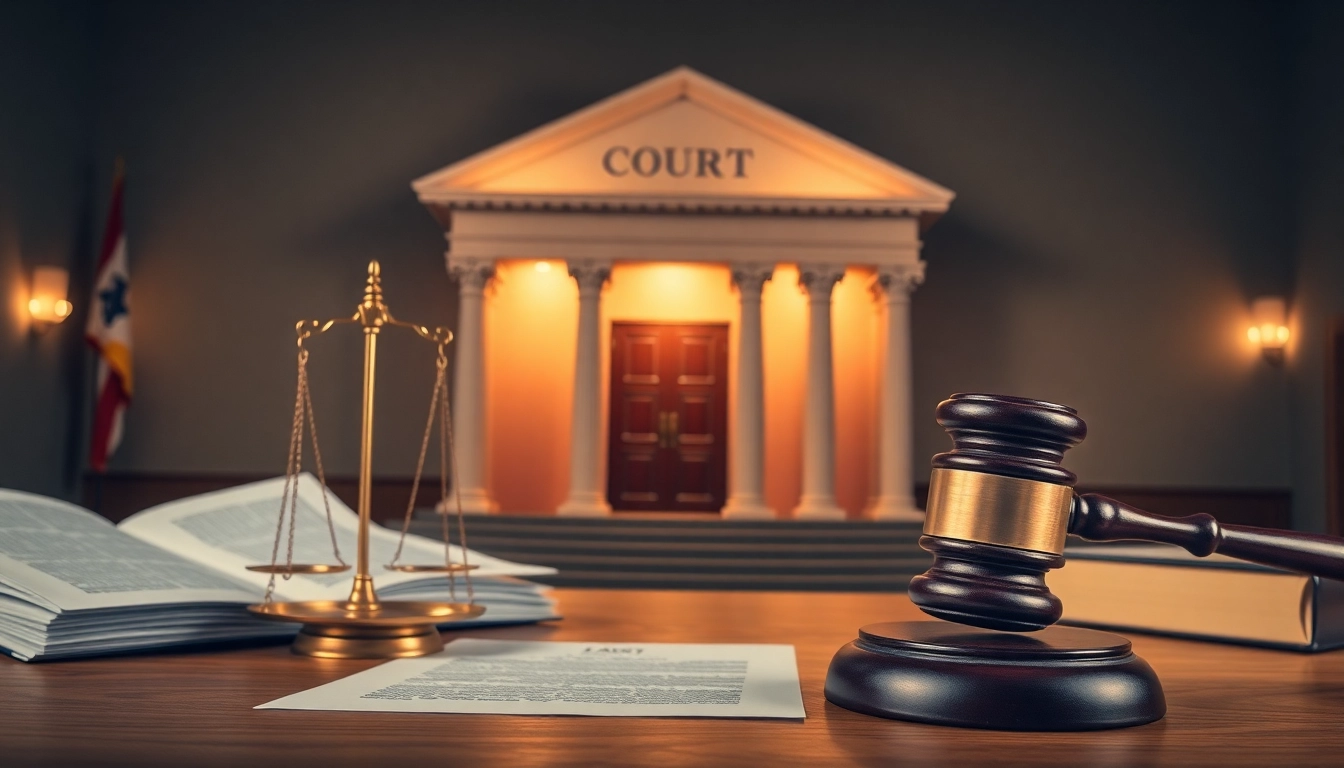Understanding the Risks of Buying a UK Driving Licence Without Test
In the realm of driving licensing, the desire for convenience and expedience can sometimes lead individuals to seek shortcuts, such as attempting to Buy Uk Driving Licence Without Test. However, engaging in such practices carries significant legal, ethical, and safety implications that cannot be overlooked. This section delves into the inherent dangers of acquiring a license through illicit means, emphasizing why it is both imprudent and risky to consider such options.
Legal and Ethical Implications
Possessing a valid driving licence is a legal requirement in the UK, underpinned by rigorous testing to ensure road safety for all. Attempting to procure a licence unlawfully contravenes numerous laws, including fraud, forgery, and potentially, conspiracy. The UK Driver and Vehicle Licensing Agency (DVLA) and the Driver and Vehicle Standards Agency (DVSA) have strict measures in place to detect and prevent such illegal activities. Engaging in these acts not only invites criminal prosecution but also undermines the integrity of the licensing system.
From an ethical standpoint, acquiring a fake licence erodes trust within the community, fosters unsafe driving environments, and jeopardizes innocent lives. It also sets a dangerous precedent for others who might be tempted to follow suit, further degrading road safety standards.
Potential Scams and Fraudulent Offers
Online marketplaces and social media platforms often tout offers promising instant or fake licences. Many of these schemes operate under the guise of providing quick solutions, but they are typically scams designed to deceive and con, often resulting in financial loss or legal trouble for the victim. According to recent reports, scammers are selling counterfeit licences for exorbitant prices, claiming to work directly with the DVLA or DVSA, which is false.
For example, investigations by BBC News have revealed instances where scammers sold fake licences online for around £600, highlighting the popularity of such illegal schemes. These fake licences are often poorly manufactured, easily detectable, and do not grant any legal driving rights. Engaging with these illegal vendors puts individuals at severe risk of prosecution and financial fraud.
Consequences of Using Fake Licences
The use of a fraudulent driving license in the UK can lead to serious legal repercussions. If caught driving with a fake licence, individuals face penalties including heavy fines, points on their actual driving records, and even imprisonment in severe cases. Law enforcement agencies actively monitor and prosecute such offences to uphold road safety standards.
Moreover, driving with a fake licence invalidates your insurance. In the event of an accident, any claim made can be denied, leaving the driver personally liable for damages, medical costs, and legal liabilities. This can result in significant financial hardship and long-term legal issues, including a criminal record that can impact future employment and mobility.
Legitimate Processes for Obtaining a UK Driving Licence
Despite the allure of quick fixes, the most reliable and lawful route to obtain a UK driving licence involves following established procedures overseen by the DVLA and DVSA. These involve applying for a provisional licence, passing necessary tests, and fulfilling legal requirements to become a qualified driver. This section outlines the step-by-step processes to legally acquire a UK driving licence.
Applying for a Provisional Licence
The first legal step is to apply for a provisional driving licence. This permit allows beginners to learn driving legally under supervision, and it is a prerequisite before taking the practical driving test. Applications can be made online via the official GOV.UK portal or through postal services, with fees typically around £34 for online applications.
To qualify, applicants must meet certain conditions, such as being at least 17 years old (or 16 for some vehicles like mopeds), providing proof of identity, and residing within the UK. Once issued, the provisional licence is valid for a specified period, allowing learners to practice with a qualified instructor or a licensed driver.
Passing the Practical Driving Test
The next step involves preparing for and passing the practical driving test. This test evaluates a candidate’s ability to handle a vehicle safely and competently in real-world conditions. It covers various driving skills, including control, manoeuvres, observation, and adherence to traffic rules.
Preparation often entails lessons with qualified instructors, studying the Highway Code, and practicing driving in multiple environments. Techniques for success include extensive route practice, understanding common test criteria, and staying calm during the exam. Once passed, the candidate receives a pass certificate, which allows the application for a full licence.
Exchanging Non-UK Licences Legally
If you hold a driving licence from another country, the UK allows certain licences to be exchanged without requiring a new test, provided they meet specific criteria. This process involves submitting the relevant documentation to the DVLA, including proof of identity, the existing licence, and possibly a medical examination, depending on the country of issue.
It’s important to verify whether your foreign licence qualifies for exchange and follow official procedures to ensure legality and validity.
Identifying and Avoiding Illegal Licence Offers
Given the prevalence of fraudulent schemes, being able to distinguish credible offers from scams is vital. Many online advertisements and social media posts claim to provide genuine licences, but most are illegitimate or harmful. Recognizing red flags and understanding verification methods can protect you from falling prey to scams.
Red Flags of Unverified Sellers
- Offers that promise instant or very cheap licences with minimal requirements.
- Vague or suspicious contact information, especially non-UK phone numbers or email addresses.
- Requests for upfront payments via untraceable methods such as cryptocurrencies or cash.
- Claims of bypassing official licensing procedures or “special” insider processes.
- Poor website design, spelling mistakes, or lack of official branding.
How to Verify a Licence Legitimacy
To verify the authenticity of a UK driving licence, you should consult the official DVLA online verification services or contact the DVLA directly. Genuine licences have secure features such as holograms, QR codes, and official numbering patterns. If in doubt, request the licence for review, and compare it against official specifications.
Customarily, licensed driving authorities will not endorse or facilitate illegal or counterfeit licences. Always favor official channels to ensure your legal and safety standards are maintained.
Legal Alternatives and Support
If you encounter difficulty with the licensing process, several organizations and driving schools provide guidance, preparation courses, and official support to help you navigate legal requirements. These avenues ensure you remain compliant and gain a valid driving licence through appropriate, legal methods.
Impact of Fake Licences on Driving and Insurance
Driving with a fake licence is not merely a legal offense but also a safety hazard that impacts both drivers and the wider community. Understanding the repercussions is essential to discourage illicit pursuits and promote responsible driving practices.
Risks of Driving Without a Valid Licence
Driving without a genuine, validated licence exposes drivers to the risk of being pulled over by law enforcement, immediate penalties, and loss of driving privileges. It also increases the likelihood of accidents due to unqualified skill levels, putting lives at risk on busy roads.
Insurance and Liability Issues
Insurance companies base premiums and coverage eligibility on the validity of a driver’s licence. Using a fake licence invalidates your insurance policy. If involved in an accident, the insurance company can refuse claims, leaving the driver personally responsible for damages, injuries, and legal penalties.
Long-term Legal Impact
Being caught with or using a fake licence can lead to a criminal record, injunctions, or disqualification from driving. Such records can influence future employment, travel, and reputation, making it a costly mistake with lasting consequences.
Best Practices for Securing a Genuine UK Driving Licence
The safest and most reliable way to obtain a UK driving licence is through official, legal channels. These ensure compliance with legal standards, safeguard your rights, and secure your continued driving privileges. This section offers comprehensive guidance on how to successfully navigate the official processes.
Official Application Routes
Start your journey by applying through the official GOV.UK portal for a provisional licence. Ensure that all documentation is valid, complete, and up-to-date. Follow instructions carefully for the application process, paying the requisite fee, and waiting for the licence to be issued.
Preparing for Your Driving Test
Invest in quality driver education, either through licensed instructors or approved training programs. Focus on mastering core skills such as vehicle control, parking, and understanding traffic laws. Practice in various conditions, and review official resources like the Highway Code for comprehensive preparation.
Maintaining and Validating Your Licence
Once you obtain your licence, keep it current. Pay any renewal fees timely, adhere to regulations, and report any changes in personal details or medical conditions to the DVLA. Regularly check your licence validity online, and update or renew as necessary to prevent lapses.







